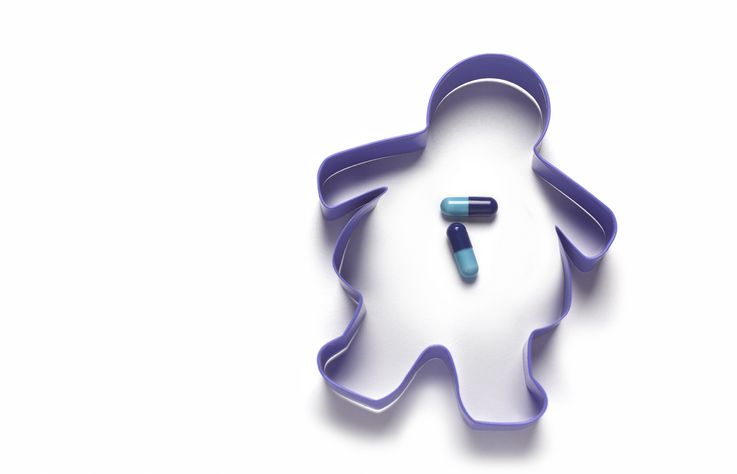- Image via Wikipedia
Highlights of the important and the interesting from the world of health care:
What can Apple’s tablet do for health care? With today’s anticipated unveiling of Apple’s tablet dominating talk in tech circles, the blog Read Write Web gets in on the action, saying the device could transform the way health care is delivered. For an example of that potential, one need look no further than the story of a man who used a first-aid iPhone app to treat himself after being trapped for three days in post-earthquake rubble in Haiti. The obvious potential for the tablet lies in electronic health records, pieces of software that are often clumsy, poorly designed and inhibit doctors’ worklow. A “killer” EHR app on the tablet could change all that.

With the Rise of AI, What IP Disputes in Healthcare Are Likely to Emerge?
Munck Wilson Mandala Partner Greg Howison shared his perspective on some of the legal ramifications around AI, IP, connected devices and the data they generate, in response to emailed questions.
Items on Read Write Web’s “transformtion” wish list include apps that would help with real-time observations of patients’ vital signs, shift changes between nurses, video feeds of emergency rooms and outpatient settings, and communication between hospital patients and their families. “If Apple does in fact show a tablet device at the Jan. 27 event, hospitals around the country will react with pilot programs, and we will see tablets and Macs join the iPhone in helping deliver health care with a new era of style and grace,” the blog predicts.
Angels of a feather flock together: Angel investment are finding the aftermath of the Great Recession an excellent time to recruit new members, as wealthy individuals look for “safety in numbers and access to high-quality deal flow,” VentureWire reports. Ohio TechAngels, for example, has seen its ranks of limited partners swell to 275 from 218, an increase of 26 percent, in just a year. Other angel groups have enjoyed similar surges, and the reasons are many. “Angel groups provide several advantages to do-it-yourself investing: easier access to deal flow, the ability to call on other members in due diligence and, in some cases, the ability to participate in and rely on a dedicated angel fund,” VentureWire reports.
Of course, the well-noted downturn in venture capital investing helps, too. For startups, the importance of tapping into angel networks has clearly increased. And if VCs are dropping, it stands to reason that, with falling demand, valuations for startups are decreasing, too, giving angels access to deals that may have been out of their reach a few years ago. “Valuations have dropped to a level where many people will look brilliant coming in at that level,” John Huston of Ohio TechAngels said.
State of the Union: With the President’s “State of the Union” address upon us, the always-informative Maggie Mahar of Health Beat takes a lengthy look at why the health of our economy depends on overhauling our health system.
[Health] spending adds to the deficit while crowding out investment in other areas where we need to create jobs that would add to the wealth of the nation —infrastructure, education, alternative sources of energy, the environment. By contrast, sinking more dollars into unnecessary tests and over-priced medications is not going to help our economy grow.
This is the case that the Obama administration has failed miserably in making to the American people. A majority of the American public simply doesn’t get that their jobs and bank-account balances, and in turn the U.S. economy, are seriously threatened by high health spending and will continue to be until the system gets an overhaul. While the Senate bill leaves much to be desired, it would cut the federal deficit over 10 years, the Congressional Budget Office estimates, and at least get the nation’s health system moving in the right direction.
Just because you’re going to a top-rated hospital…doesn’t mean you’ll have a better chance of a superior outcome. While popular hospital rating systems can help identify high-quality hospitals for cardiovascular operations, patients can achieve similar outcomes by seeking care at high-volume hospitals closer to home, according to a new study in the Journal of the American College of Surgeons. In regard to procedural volume, that seems to make sense. Doctors who have more experience performing high-volume procedures are likely to become more skilled at that them.
Simply stated, doing a little research could end up saving patients a lot of money in travel costs. “Although current ratings systems can identify high-quality hospitals, over-reliance on such ratings may cause patients and their families to choose facilities more distant from their homes rather than equally performing high-volume hospitals in a closer geographic area,” a press release on the study states.














